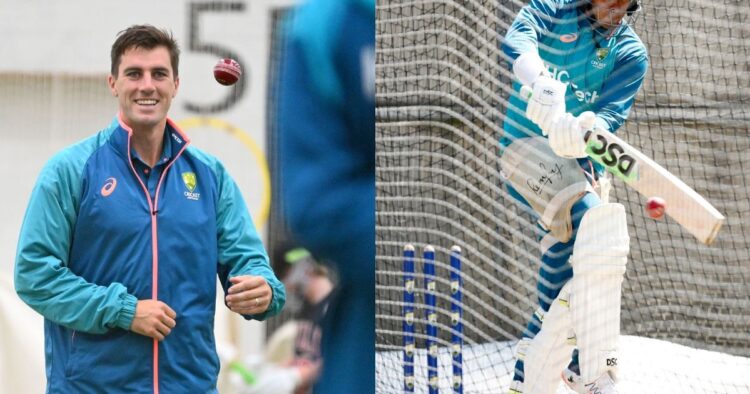In a recent development, Australia’s cricket captain, Pat Cummins, expressed his support for teammate Usman Khawaja’s efforts to raise awareness about the humanitarian crisis in Gaza. However, Cummins emphasized the importance of adhering to ICC rules regarding personal messages on equipment.
Khawaja’s attempt to display an image of a dove and an olive branch on his bat and shoes, symbolizing peace and human rights, was denied by the International Cricket Council (ICC). The intended logo referred to Article One of the Universal Declaration of Human Rights, promoting equality and dignity for all.
During a press conference, Cummins acknowledged Khawaja’s respectful approach to expressing his beliefs but emphasized the need to accept the ICC’s decision. He highlighted the supportive stance of the team towards Khawaja while recognizing the existence of rules that players must adhere to.
The ICC, in response to Khawaja’s application, cited Clause F of the Clothing and Equipment Regulations as the reason for the denial. The clause prohibits personal messages of the nature Khawaja intended to display on his bat and shoes. However, the ICC spokesperson reiterated the organization’s encouragement for players to use alternative platforms for promoting human rights, peace, and equality.
It’s worth noting that Khawaja had previously faced a similar situation during the first Test against Pakistan in Perth. He was charged under the same clause for wearing a black armband without prior approval. The armband was intended to carry messages like “all lives are equal” and “freedom is a human right” to raise awareness about the Gaza crisis.
Despite the denial of his recent application, Khawaja’s advocacy efforts have garnered support, both from teammates like Cummins and the broader cricket community. The second Test between Pakistan and Australia is set to take place on Tuesday at the Melbourne Cricket Ground (MCG).

















Comments